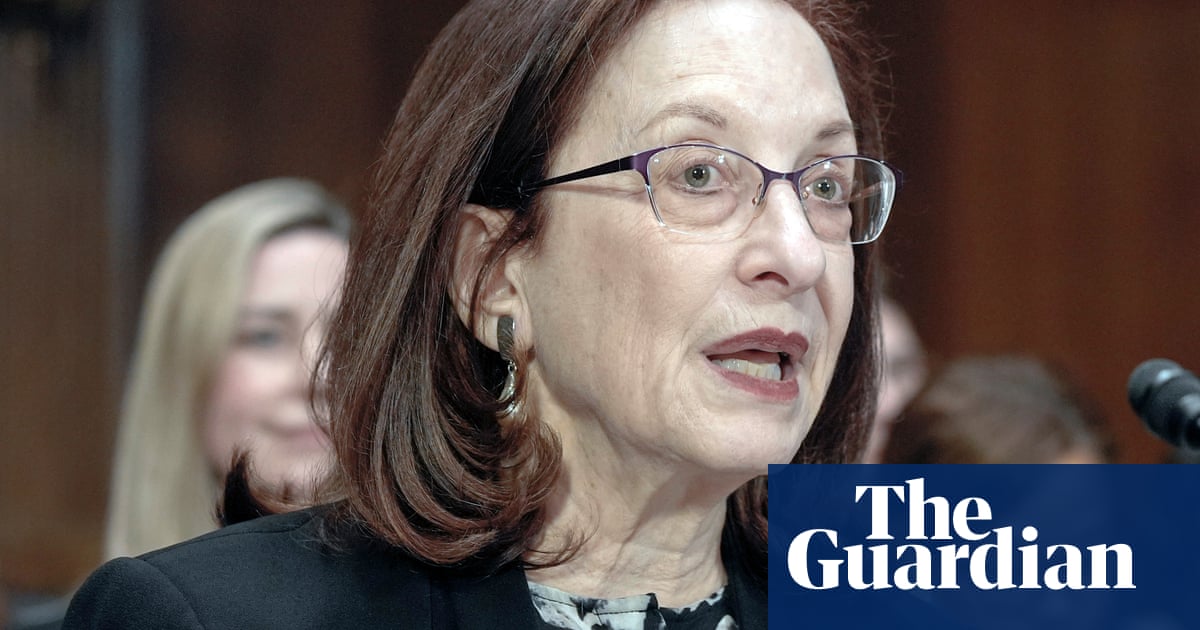The article sheds light on the recent firing of Shira Perlmutter, the head of the US copyright office, by the Trump administration. This decision comes shortly after Perlmutter released a report discussing the implications of artificial intelligence (AI) on copyright law, particularly regarding fair use. The firing has raised eyebrows and sparked speculation about the motivations behind it, especially given the timing and the political context.
Potential Motivations Behind the Firing
The dismissal of Perlmutter appears to be politically motivated, particularly in light of her recent report. It suggests that the Trump administration may not welcome discussions that challenge its agenda, especially concerning AI and copyright laws. The report, while not overly critical of AI, pointed out potential issues related to fair use, which may have been perceived as a threat to the administration's plans, especially with Elon Musk's influence on government efficiency initiatives.
Perceived Public Sentiment
The article seems aimed at generating a sense of concern among the public regarding the administration's approach to governance. By emphasizing the firing as a “brazen, unprecedented power grab,” it seeks to rally opposition against Trump’s administration, particularly among those who value intellectual property rights and fair use protections. This narrative could resonate with a broad audience, including artists, creators, and advocates of intellectual property rights.
Hidden Agendas and Omissions
While the article focuses on the firing, it does not delve deeply into the broader implications of AI in governance and federal spending cuts. This omission could indicate an intention to steer the conversation towards political maneuvering rather than the potential consequences of AI technology on society and the economy.
Manipulative Elements
There are manipulative aspects in the article, particularly in its choice of language and framing. By labeling the firing as a power grab, it casts the administration in a negative light, potentially influencing public opinion against Trump. This could be seen as a strategic move to galvanize opposition from specific demographic groups that are more likely to value traditional media and copyright protections.
Trustworthiness of the Information
The reliability of the information presented hinges on the sources cited, namely the Washington Post and NBC News. While these outlets are generally considered credible, the framing of the article leans towards a critical perspective of the Trump administration, which may affect its neutrality. Thus, while the core facts may be accurate, the interpretation and implications drawn from them could reflect a biased viewpoint.
Impact on Society and Future Scenarios
The firing of Perlmutter could have significant implications for the intersection of AI and copyright law. As AI technology continues to evolve, the response from governmental bodies will be crucial. The potential for more aggressive policies against regulatory oversight could lead to a landscape where intellectual property rights are further undermined, which may affect various industries reliant on creative content.
Support from Specific Communities
This news likely attracts support from communities concerned with intellectual property rights, such as artists, copyright advocates, and some segments of the technology sector that value regulatory frameworks. Conversely, it may alienate groups that favor deregulation and technological innovation without constraints.
Economic and Market Implications
In the broader economic context, the firing could influence perceptions of stability within the federal government, potentially affecting stock markets. Companies involved in AI and technology could see fluctuations in stock prices based on investor sentiment regarding government policies on intellectual property and AI development.
Geopolitical Relevance
Although the article primarily focuses on domestic issues, the implications of how AI and copyright laws are handled can have international ramifications, particularly regarding competitive advantage in technology. The ongoing debate about intellectual property laws in the context of AI is essential for global economic dynamics.
Use of AI in Writing
It is plausible that AI tools may have been employed in the drafting of the article, particularly in data analysis or language processing. However, there is no explicit indication that AI significantly influenced the narrative or framing of this specific piece. The wording and arguments presented reflect a human editorial choice rather than an AI-generated narrative.
The analysis reveals that the article engages in a critical portrayal of the Trump administration while raising questions about the future of copyright in an age of AI. The manipulation of language and framing suggests an intention to influence public sentiment, making the article a strategic piece rather than a purely informative one. The reliability of the information is mixed, and the implications for society, economy, and governance are profound.
